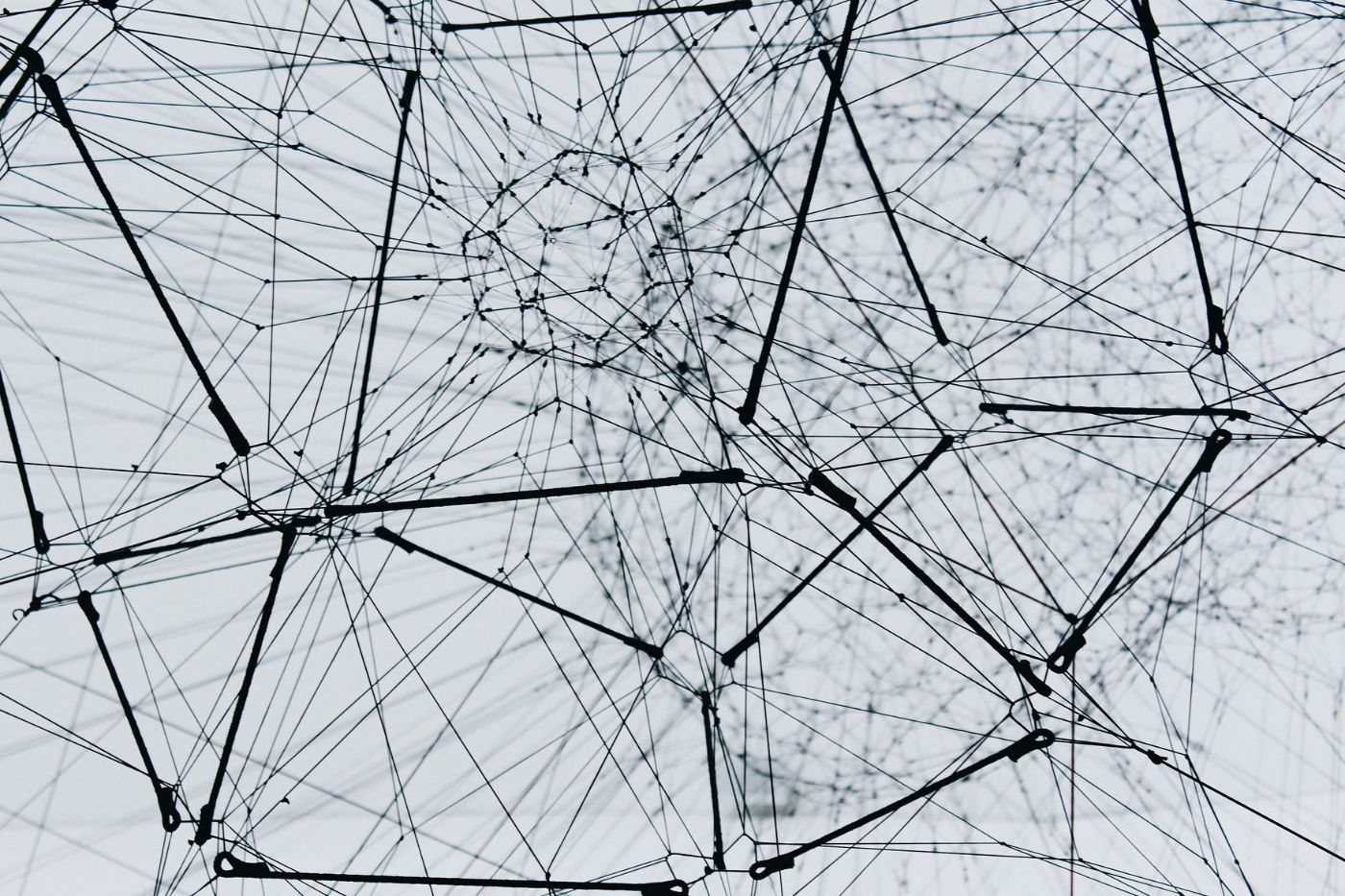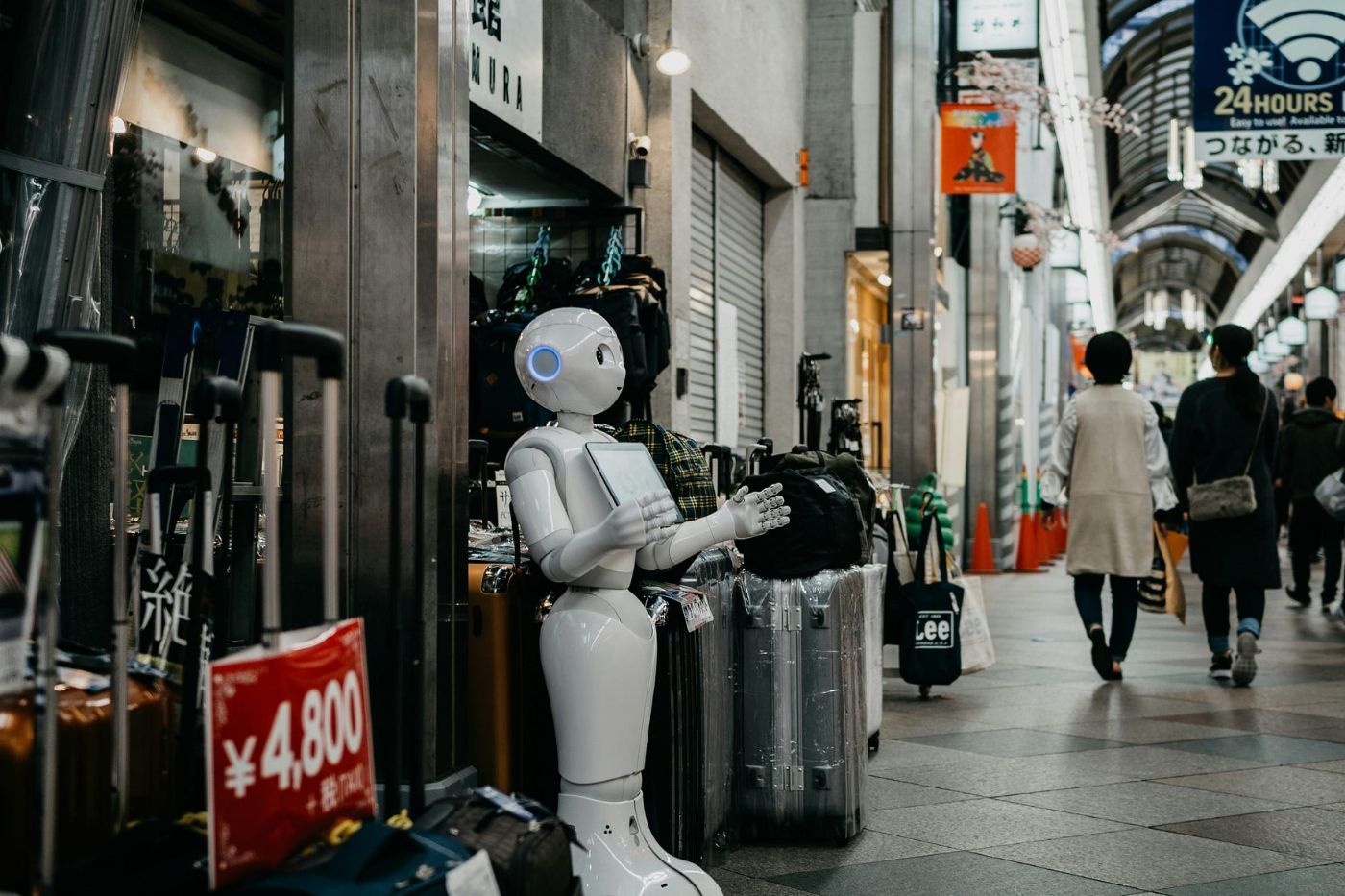This content originally appeared on HackerNoon and was authored by Talibilat
Multi-Agent systems are LLM applications that are changing the automation landscape with intelligent bots. To understand multi-agent systems, we should begin by looking at the history of computing. It's a common belief among people that new ideas in technology simply pop up out of nowhere, but the truth is that they usually develop from existing ideas and trends. This pattern is followed by multi-agent systems.
In this blog, we will explore five significant trends that have influenced multi-agent systems:
- Ubiquity
- Interconnection
- Intelligence
- Delegation
- Human orientation.
\
Ubiquity
Ubiquity means that something can be found everywhere. Nowadays, computing is present in every device. It's happening because of Moore's Law, which states that computer chips become more affordable and smaller each year. Nowadays, computers are used in various everyday objects that previously didn't have them (for instance: door locks, fridges, and watches). The first key trend for multi-agent systems is the widespread use of computing power.
\

\
Interconnection
Another trend that is emerging is interconnection. So, what this means is that all of these devices that have computer chips are able to talk to each other. Sending data between devices has become cheaper and easier over time. I've noticed that this trend is becoming more and more common, especially with the increasing popularity of the internet and our reliance on mobile phones for sharing information. It is crucial for multi-agent systems to be able to exchange data between devices to be able to work together effectively.
\

Intelligence
One of the other trend we can observe is intelligence. Computers are becoming more and more capable of performing complex tasks. It's not only about teaching computers to think like humans, but also about automating more complex tasks. Computers are improving every year in their ability to solve problems and perform tasks that were once done manually. It is important for multi-agent systems to have increasing intelligence in order to handle more complex activities.
\

\
Delegation
Delegation refers to the process that allows computers to take on a greater role in managing various aspects of our daily activities. A good example of this is the fly-by-wire system used in aeroplanes, where computers take over the control of the plane instead of relying solely on pilots. At first, this idea was considered new and controversial. However, over time, it has gained broad acceptance and has significantly enhanced safety. It's interesting to note that we're also witnessing a similar trend in the automobile sector, where computers are slowly taking on more and more driving responsibilities. This trend of giving computers control is crucial for multi-agent systems to operate autonomously.
\

\
Human Orientation
The last trend is focused on human orientation. It's all about making it simpler for people to communicate with computers. Programming languages and user interfaces have become more user-friendly over the years. Back in the day, computers were programmed by physically flipping switches. However, nowadays we have advanced to using high-level languages and graphical interfaces. By making these interactions more natural, it becomes easier for users to work with computers. Continuing with this trend, we now have features such as voice commands and touchscreens.
\

\
The future holds great potential for multi-agent systems.
When we consider these five trends together, it becomes clear that multi-agent systems will play a significant role in the future of computing. These systems will be loaded with computing power in every location, devices that can communicate with each other, intelligent problem-solving capabilities, the ability to operate independently, and user-friendly interfaces. Multi-agent systems are going to play a crucial role in various fields, such as self-driving cars, smart homes, and advanced industrial automation. Agents and Multi-Agent Systems: A First Definition So, where exactly is this idea leading us? This brings us to the idea of agents. An agent is a computer system that works on our behalf. It performs the tasks we assign to it, operating with a level of independent thinking and intelligence. Usually, these agents have to communicate with other agents representing different individuals. When you combine these agents, you end up with a multi-agent system.
\ In multi-agent systems, there are more important concerns than just deadlock and log jams, which can often occur in distributed systems. Instead, let's think about how we can develop these agents to work together, coordinate their actions, and engage in productive discussions. For instance, if my software agent has a goal to accomplish, it may have to engage in negotiations with your agent, which is also working to achieve its own goal. These new challenges in cooperation, coordination, and negotiation have only recently been studied in computer science.
A Simple Explanation
An agent is a software programme that acts on behalf of its owner or user. It aims to accomplishing the objectives or wishes of its owner. In a multi-agent system, agents interact with each other. These systems need to work together, communicate, and make agreements to accomplish their assigned objectives.
\
Multi-Agent Systems in Action
Space Probes
Exploring the infinite possibilities of space, we have these space probes, which are machines that are designed to gather data and capture images. Space probes are a great example of agents. Traditionally, space probes do not think for themselves. A dedicated team on the ground carefully plans every aspect of their operations. The probe receives these instructions and carries them out without hesitation. There are a few reasons why this method is not the best choice. Firstly, in the event of any failure, dealing with the situation can be fairly difficult as the probe does not have the ability to think on their own. Additionally, creating these detailed instructions can be quite labor-intensive and expensive for engineers.
\

\ It would be great to give space probes more autonomy for these reasons. This involves giving individuals the freedom to make their own choices in order to better handle unexpected circumstances. In 1998, NASA conducted a test with a space probe called DS1. They utilised a software architecture for decision-making that is similar to what we study in multi-agent systems.
\
Internet Agents
Another example that is commonly encountered is internet agents. A lot of people rely on the internet to handle mundane tasks, such as making travel arrangements. It includes searching for flights, comparing details, booking hotels, and organising transportation. You can find all this information online, but it does take some effort to gather it together. Why not have a computer programme that can do this for us? An online agent has the ability to gather our preferences and put together a personalised travel package, taking into account our preferred airlines and avoiding specific airports.
\

\ To put it simply, an agent is a computer programme that can handle a task and work independently to get it done. A multi-agent system consists of several agents that interact with one another. If their objectives vary, they must collaborate, synchronise, or discuss in order to function efficiently. Multi-agent systems are being developed due to the continuous advancements in technology. By understanding these trends, we can gain insight into how these systems have developed and speculate on their future trajectory. As these trends continue, we can expect to see multi-agent systems becoming increasingly common and important in our daily lives. Thank you for reading!
\ Thank you for reading! Let’s connect on LinkedIn!
\ \
This content originally appeared on HackerNoon and was authored by Talibilat
Talibilat | Sciencx (2024-08-16T13:16:35+00:00) What Are Multi-Agent Systems? And Where Did They Come From?. Retrieved from https://www.scien.cx/2024/08/16/what-are-multi-agent-systems-and-where-did-they-come-from/
Please log in to upload a file.
There are no updates yet.
Click the Upload button above to add an update.
